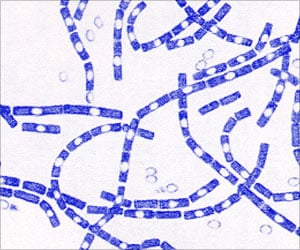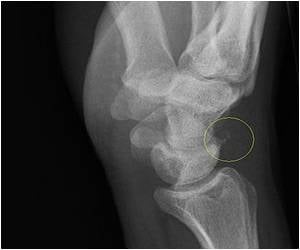Regular Genomic surveillances of MRSA could help prevent the spread and the outbreaks of the infection.

‘Rapid sequencing and detection of MRSA strain in new patients and locality could help track the transmission of infection and thereby prevent outbreaks’





MRSA is a strain of a bacterium that is resistant to many antibiotics and is a leading cause of infections associated with hospitals and healthcare. Bloodstream infection caused by MRSA is difficult to treat and results in the death of up to a fifth of patients affected. Even when the infection is treated, MRSA infections double the average length of hospital stays and increase healthcare costs. The World Health Organization recently classified MRSA as high priority on their priority pathogens list for Research and Development of new drugs.
Patients may be screened for MRSA after they are admitted to hospital, where infection control measures are used to monitor and try to reduce the spread of MRSA.
When new MRSA carriers are detected, this is investigated to confirm whether an outbreak is underway, looking for links between patients in time and place. However, this current approach is not very sensitive, especially given the speed with which patients can move around different parts of the hospital or even between hospitals during their care.
These approaches can also miss MRSA transmission between people in hospitals and the community, and outbreaks in family or community groups can be difficult to detect.
Advertisement
They detected 173 different outbreaks, most of which had not been previously spotted, and discovered MRSA outbreaks in hospitals, in the community, GP surgeries, homes and in between these places.
Advertisement
We found that sequencing MRSA from all affected patients detected many more outbreaks than standard infection control approaches. This method could also exclude suspected outbreaks, allowing health authorities to rationalise resources."
Dr Jonathan Pearce, head of infections and immunity at the MRC, said: "Antibiotic resistance poses a global challenge to healthcare. To tackle it we need to prevent infections, preserve existing antibiotics and promote the development of new therapies and interventions.
This study sheds light on MRSA transmission within and between hospitals and the community, which could help strengthen infection prevention and control measures."
The technology for sequencing MRSA strains has advanced rapidly, allowing the strain information to be obtained much faster than was previously possible, and more economically.
A follow-up study will start next year, during which the researchers will sequence MRSA strains from all new cases and share strain and tracking information in real time with infection control workers. This will aim to help detect and exclude outbreaks, allowing targeted and effective interventions.
Professor Sharon Peacock, the study lead at the Wellcome Trust Sanger Institute and the London School of Hygiene & Tropical Medicine, said: "Our study has shown that sequencing all MRSA samples as soon as they are isolated can rapidly pinpoint where MRSA transmission is occurring.
If implemented in clinical practice this would provide numerous opportunities to catch outbreaks early and target these to bring them to a close, for example by decolonising carriers and implementing barrier nursing. We have the technology in place to do this and it could have a really positive impact on public health and patient outcomes."
Source-Eurekalert











